Why My Car Was Never Repossessed After Chapter 13 Bankruptcy
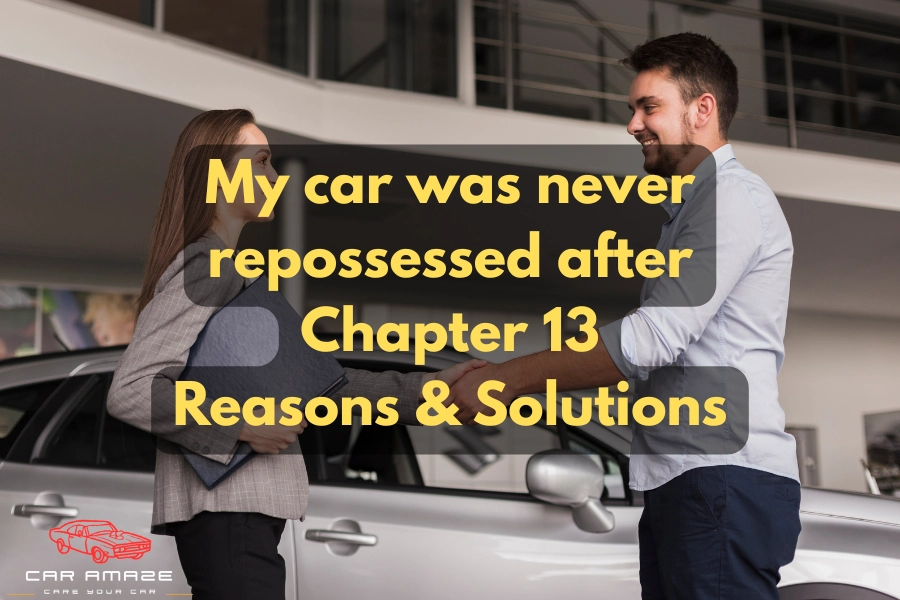
When you file for Chapter 13, you might lose your car. What to do if my car was never repossessed after Chapter 13, and why it happened? These are the queries that may come to the minds of many car owners. The reasons might be automatic stay, loan modifications, low car value, or more. In this guide, I will explain why your car was never repossessed after Chapter 13, what to do in such a situation, how Chapter 13 works in car repossession, and more helpful info.
Table of contents
- What is Chapter 13 bankruptcy?
- Relation of Chapter 13 Bankruptcy With Car Repossession
- Why My Car Was Never Repossessed After Chapter 13: 8 Key Reasons
- How Chapter 13 Stops Car Repossession
- What Happens When My Car Was Never Repossessed After Chapter 13?
- What Are Your Options If the Lender Never Repossessed My Car After Chapter 13?
- Conclusion
- FAQs
What is Chapter 13 bankruptcy?
Before getting deep into why your car was never repossessed, let me talk about Chapter 13. Chapter 13 is a type of bankruptcy in the United States that helps people with regular income repay debts over time. This is a common car repossession loophole to avoid repossession. With Chapter 13 bankruptcy, you do not sell your car but create a plan to pay back some or all debts over three to five years. According to the U.S. Courts, over 70% of users have succeeded in stopping repossession after filing Chapter 13.
Relation of Chapter 13 Bankruptcy With Car Repossession
When it becomes difficult for you to pay the remaining loan on your car, the lender might repossess your car. In this scenario, Chapter 13 bankruptcy helps you to catch up on missed payments and include your car loan in your repayment plan. Here are four key things about Chapter 13 and car repossession:
How Chapter 13 Affects Secured Debts Like Car Loans
A car loan is a secured debt, which means the car itself is the collateral. Based on the Chapter 13 rules, you make a new payment plan for missed payments and repay the pending loan over an agreed-upon time. This helps you to avoid repossession of your car and stay current.
Automatic Stay: Temporary Protection From Repossession
The automatic stay is the order from the court that stops the lender from repossessing your car. When you file for Chapter 13, the automatic stay comes into effect automatically. If your car was never repossessed after Chapter 13, the possible reason is the automatic stay. This is because the court stops the lender from repossessing your car until the court lifts the stay.
Repossession Rules Before and After Filing Chapter 13
Before filing for Chapter 13, the lender is allowed to repossess your car if you did not pay the loan. After filing for Chapter 13, they cannot repossess unless they get court permission. If they violate the stay, you can ask the court to award damages for the violation.
Why Lenders Must Comply With the Bankruptcy Court
Once you file for Chapter 13 and the court puts an automatic stay, the lender will not be able to repossess the car. The lender must comply with the court rules; otherwise, the lender might face legal action. Therefore, if you have successfully filed for Chapter 13 bankruptcy, the lender has no legal way to repossess your vehicle.
Why My Car Was Never Repossessed After Chapter 13: 8 Key Reasons
Now let’s come to the main part: why my car was never repossessed after Chapter 13. Here are eight reasons that are stopping the repossession of your car:
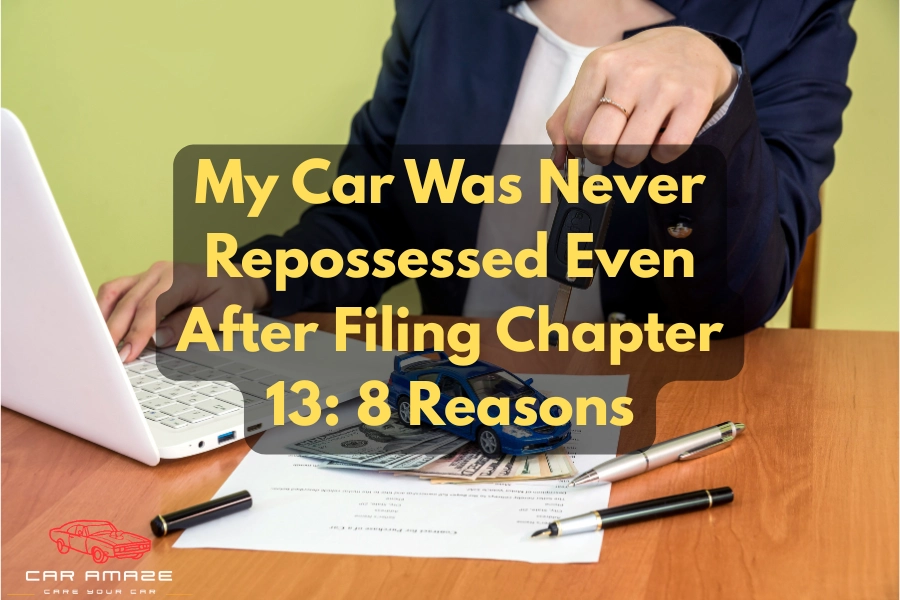
1. My car was never repossessed after Chapter 13 due to the automatic stay
As discussed before, the automatic stay can temporarily stop the repossession of the car. So, if your car was never repossessed after Chapter 13, the automatic stay can be a reason. The automatic stay order from the court strictly prohibits the lender from repossessing the car.
2. My car was never repossessed after Chapter 13 because of loan modifications
Loan modification is another common reason for no repossession of a car after Chapter 13. You can spread missed payments over the repayment period and reduce the principal to the car’s current value. So, when you have lower monthly payments, you can easily stay current and avoid repossession.
3. The lender did not repossess because it was not financially worth it
Another reason for no car repossession is that it was not financially worth it for the lender. Repossession involves steps that cost money, such as towing fees (often $200–$500), storage fees, minor repairs, and auction expenses. If the current market value of your car is less than the repossession charges, the lender chooses to leave the car.
4. My Car Was Never Repossessed After Chapter 13, As I Followed The Plan Perfectly
After filing for Chapter 13, if you are following all the rules, your car will never be repossessed. Chapter 13 requires you to make new plans for ongoing car payments. If you never miss a payment, the lender has no legal basis to request repossession.
5. Repossession Was Avoided Due to Trustee-Mediated Payments
In Chapter 13 bankruptcy, a trustee collects your monthly plan payment and distributes funds to creditors. During this period, the trustee is responsible for ensuring that the lender receives the payments on time. The ultimate goal is to ensure no payment to the lender is missed and he would not repossess the car.
6. Communicated Regularly With My Bankruptcy Attorney
Another reason for stopping car repossession after Chapter 13 is regular communication with a bankruptcy attorney. If a lender tries to repossess your car, the attorney will check whether you are following the plan and stop the repossession. Due to this reason, Chapter 13 bankruptcy is considered to be one of the best car repossession loopholes.
7. The Value of the Car was Too Low for Repossession
If your car was never repossessed after Chapter 13, the low market value of the car may also be the reason. For example, if your fair market value (FMV) of the car is only $3,000 but you owe $5,000, the lender might not repossess the car. Because the lender will have to cover the charges of repossession also, so if the FMV is less, the lender will leave the car. Additionally, if your car has never been repossessed after Chapter 7 also, the reason might be low car value.
8. Repossession Was Delayed Due to Legal or Logistical Challenges
When we file for bankruptcy chapter 13, the court gives a notice period and order to the lender. If the lender faces paperwork delays, unreliable tow services, or long travel distances, they may decide to stop repossession. The reason behind this is that the repayment plan gives more benefits to the lender in such scenarios.
How Chapter 13 Stops Car Repossession
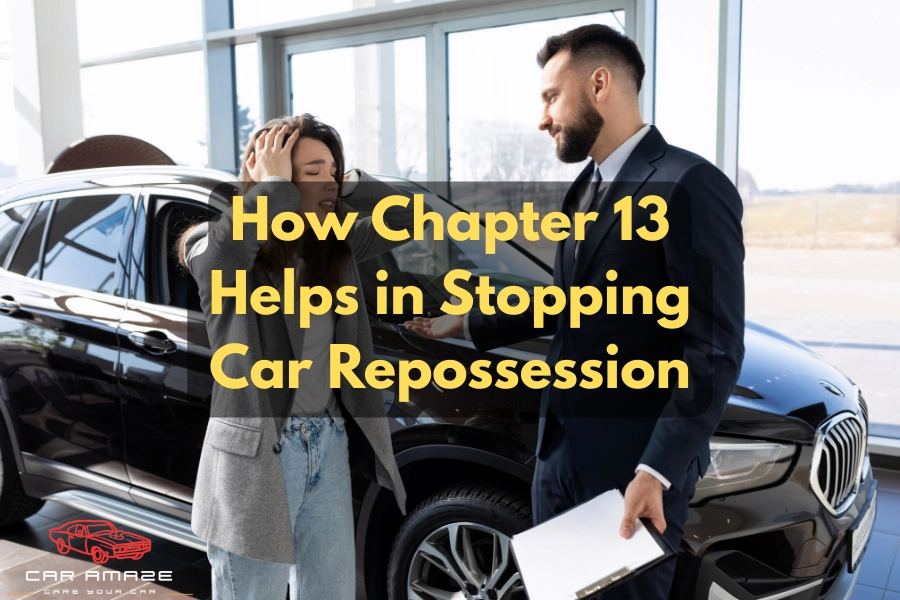
As you now know, Chapter 13 is a very great defense against car repossession. Here are some key points of this loophole that stops repossession:
- Filing Chapter 13 creates an automatic stay that stops repossession right away.
- Lenders must stop calling, suing, or trying to take your car.
- Missed car payments are added to your repayment plan.
- You pay off the past-due amount over 3–5 years while making regular payments.
- If you’ve owned the car for over 910 days, you can reduce the loan to the car’s market value.
- Example: Owe $10,000, but the car is worth $7,000. You pay only $7,000 plus interest.
- You can ask the court to lower your interest rate from 9% to 5%.
- Lower payments help you avoid default and keep your car.
What Happens When My Car Was Never Repossessed After Chapter 13?
Now, you are already aware of the reasons for no car repossession after Chapter 13 bankruptcy. Now, I will tell you about what you can do if your car was never repossessed after Chapter 13.
You Keep the Car and Continue Payments Under the Plan
If your car was never repossessed, the first and easiest thing you can do is keep using the car. Your task will be to just complete the payments based on the final plan. During this time period, the role of the trustee will be to pay arrears and current payments.
Missed Payments May Still Lead to Repossession Later
Another thing you should be aware of is that missing the payments may lead to repossession. If you are unable to make payment on time, the court may dismiss the case and remove the automatic stay. At that point, the lender will have full authority to repossess the car immediately.
You May Own the Car Outright After Plan Completion
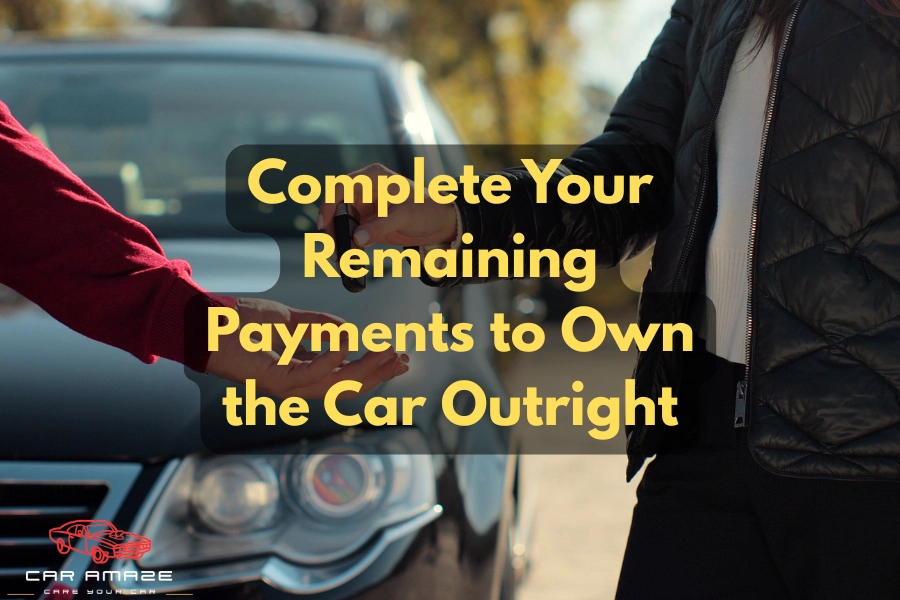
When your car will never be repossessed and you keep making payments, you can own the car. After three to five years of successful payments, your Chapter 13 case closes. So, at the time, if you have paid all the loan balance, they will release the lien, and you will own the car.
You Build a Stronger Financial Post-Bankruptcy
If you are able to complete the Chapter 13 plan and have paid all the payments on time, you can rebuild your credit. On-time auto payments are reported to credit bureaus, which improves your credit score over time.
What Are Your Options If the Lender Never Repossessed My Car After Chapter 13?
If your car was never repossessed after Chapter 13, you might be thinking about what option you have. Here are some things that you can do in this situation:
Continue Payments to Own the Vehicle in Full
The first and simplest thing to do is keep paying the remaining installments. After completing all the payments, you will have the right to fully own the car.
Consider Paying Off the Loan Early If You Can
If you feel that your financial situation is getting better and stronger, consider paying the loan early. There will be two benefits of it that are a reduction in interest rate and quick lien release.
Negotiate a Settlement With the Lender
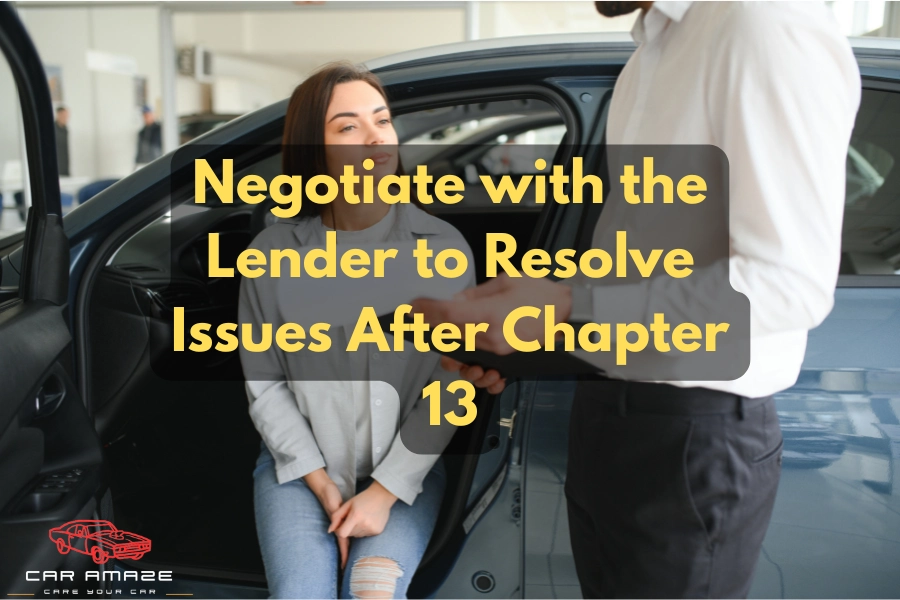
If it is becoming difficult for you to pay installments with interest, you can ask the lender to accept the remaining amount in one single payment. This will help you save the cost of interest and may also lower the overall remaining payment.
Consult With Your Bankruptcy Attorney for Guidance
If you have hired the attorney, he knows all the details of your case and local court rules about it. If the threat of repossession arises, the attorney will negotiate with the lender to protect your car.
Conclusion
So, if you have a car on lease and are worried about why your car was never repossessed after Chapter 13 and what to do, the answer is simple. The automatic stay, inclusion of your car loan in the repayment plan, and lower interest rates all work together to keep your car safe. In most cases, the lender avoids repossessing your car because the cost of repossession is higher than the car’s value. If you are going through this situation, keep paying the payment until you completely own the car. Another best option is to negotiate with the lender and pay all remaining payments at once without interest.
FAQs
Does filing Chapter 13 stop repossession?
Absolutely yes. Filing for Chapter 13 bankruptcy can completely stop the repossession of your car. After filing for Chapter 13, the court places the automatic stay on the car, which prohibits the lender from repossessing the car. This protection gives you enough time to repay the remaining payment and own the car.
What happens if your car never gets repossessed?
If your car was never repossessed after you failed to pay the installments, you still have a chance to keep it. Sometimes, lenders wait or decide not to take the car back. However, you should take immediate action and negotiate with the lender to make a plan for the remaining payment and owning the car.
What happens if my car is charged off but not repossessed?
When a car loan is charged off, the lender thinks they will not get their money back. But this does not mean you get to keep the car for free. You still have some money to pay, and if you fail to do so, the lender might repossess your car.
Can you lose your car in Chapter 13?
Yes, you can lose your car in Chapter 13, but it is not very common if you follow the rules. If you have filed for Chapter 13, make sure that you keep paying the agreed-upon payment. If you do so, the lender will not take back your car, and you will own it after completing the payment.
How to get repo fees waived?
You can ask the lender or bankruptcy court to waive repossession fees, especially if the repossession was a mistake. Do not forget to talk with your bankruptcy lawyer in this case.
Can you keep a car that has been charged off?
Yes, you might be able to keep a car that has been charged off, but only if the lender does not try to take it back. The charge-off means the lender leaves the hope of full payment, but he does not give you full ownership. If you are passing through the repossession process and have filed for Chapter 13, always keep checking the title of your car and talk to a lawyer.
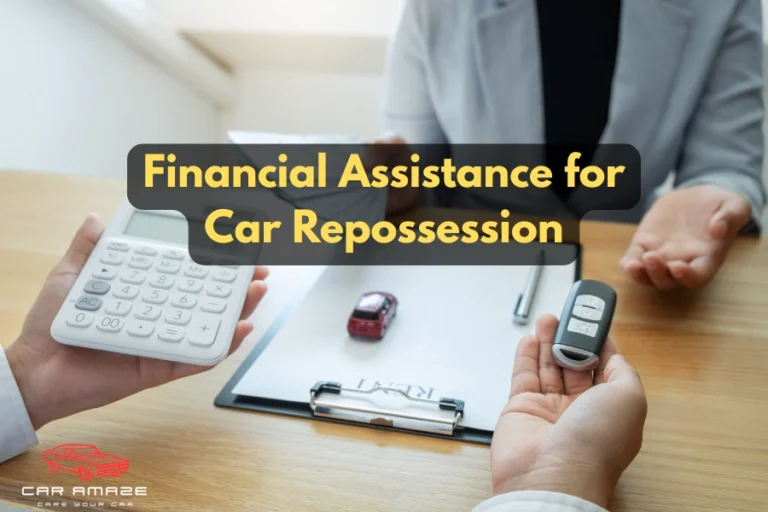
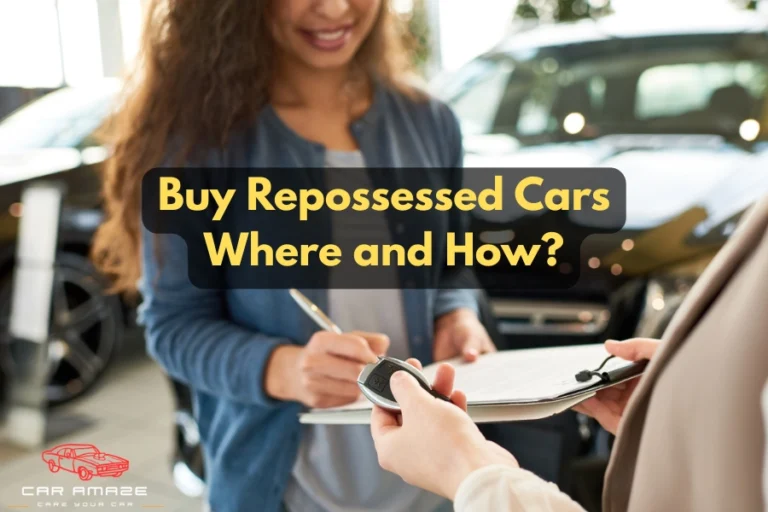
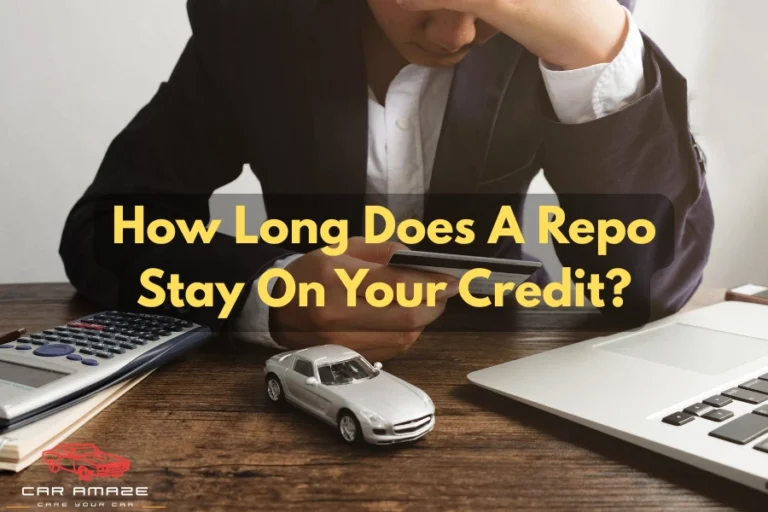
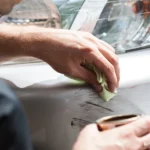

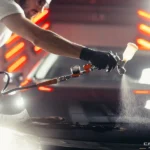

Your writing is like a breath of fresh air in the often stale world of online content. Your unique perspective and engaging style set you apart from the crowd. Thank you for sharing your talents with us.
Thank you for your thoughtful comment! I am really glad you enjoyed the content on repossession loopholes.
It means a lot to hear such encouraging feedback.